If you’re heading to the snow, you may think you’re off the hook when it comes to sunscreen application. The truth is, your skin needs equal protection while hitting the slopes as it does while spending time outdoors during the summer.
“Skiing and snowboarding are some of the higher risk activities where I frequently find patients with sun damage,” says Dr. David Li, a board-certified dermatologist based in Massachusetts.
We spoke with a board-certified dermatologists about the best sunscreens to wear while in the snow and what to look for when shopping. We also put together a list of what to shop based on their recommendations and guidance.
SKIP AHEAD How we picked the best SPF for snow | The best SPF for snow in 2024 | How to shop for SPF for snow | Why trust NBC Select?
How I picked the best SPF for skiing
When shopping for an SPF for skiing, our experts recommend looking at several factors, including the SPF level, ingredients and the formula’s water-resistance. Below, we highlight their suggestions when shopping for a ski-friendly SPF.
- SPF level: SPF, or sun protection factor, gives an indication of how much solar radiation the skin can withstand, says Dr. Serena Mraz, a board-certified dermatologist based in California. For instance, SPF 15 will block about 94% of UV rays, SPF 30 blocks about 97% of UV rays and SPF 50 blocks about 98% of UV rays. While the American Academy of Dermatology recommends using SPF 30 or higher year-round, there are different factors to consider when you’re in the snow, such as altitude, time of day and how often you plan on reapplying.
- Ingredients: In addition to increased sun exposure, the high elevation associated with skiing and snowboarding makes for dry ambient air and wind, which can deplete moisture from the skin rapidly and result in dryness, chapping and even painful cracking, says Mraz. We chose sunscreens with hydrating ingredients like shea butter, squalane and ceramides for anyone planning on being in the snow and, especially, on the slopes.
- Water-resistance: Water-resistant sunscreens form a thin layer of polymers on top of the skin that prevents the sunscreen from washing off, says Li. This is beneficial for skiers and snowboarders who are exposed to wet conditions, whether it be from the snow or from sweating while being active.
The best sunscreens for skiing and snowboarding in 2024
Sonage Protec Plus Mineral Sunscreen
This mineral SPF 30 has everything our experts recommend: water-resistance (up to 80 minutes) and ingredients that keep skin hydrated, like shea butter and hyaluronic acid. It also has anti-inflammatory properties that can help alleviate any discomfort associated with acne, according to the brand.
This sunscreen has become a staple in my routine, mainly for how quickly it absorbs into the skin. I love using it on rushed mornings where I don’t have time to wait for the formula to sink in, especially if I plan on applying makeup that day. Even though it has a matte finish, it doesn’t feel dehydrating on my already-dry skin. The formula isn’t made with any fragrance, so its scent may be off-putting to some.
SPF level: 30 | Key ingredients: bisabolol (an antioxidant), shea butter, hyaluronic acid | Sunscreen type: mineral | Size: 1.7 fl. oz.
La Roche Posay Anthelios UV Correct Sunscreen SPF 70
Li is a fan of this sunscreen, saying that it works for a diverse range of skin tones since it’s sheer and doesn’t leave behind a white cast. It’s oil-free and has a non-greasy finish (making it great for those with oily skin), and corrects signs of damage like uneven skin tone and fine lines, according to the brand. It also offers broad-spectrum protection, which protects against both UVA and UVB light, says Li.
SPF level: 70 | Key ingredients: niacinamide, thermal spring water (a hydrator and skin-soother) | Sunscreen type: chemical | Size: 1.7 fl. oz.
Dermalogica Dynamic Skin Recovery SPF 50 Moisturizer
I’ve been using this sunscreen for several weeks and love how lightweight it feels on my skin and how it makes the texture of my skin softer. The pump applicator is also easy to maneuver, and I like that it’s available in three sizes (including 0.5 fl. oz., which could easily fit into a travel bag for a skip trip).
SPF level: 50 | Key ingredients: polypeptides (amino acids that boost collagen), white tea (antioxidant) | Sunscreen type: mineral | Size: 0.5 fl. oz., 1.7 fl. oz., 3.4 fl. oz.
EltaMD UV Sport with SPF 50
Mraz says that this line is popular among dermatologists and patients because the products all have micronized zinc (smaller particles of zinc) to help “avoid the pasty appearance after application” (since mineral formulas can be difficult to blend in). This chemical-mineral hybrid is designed with sports enthusiasts in mind: you can use it on the face and body and it’s water-resistant, meaning it won’t drip into your eyes and sting when you sweat, according to EltaMD. It also comes in a TSA-approved size, making it great for travelers.
SPF level: 50 | Key ingredients: vitamin E | Sunscreen type: mineral-chemical | Size: 3 fl. oz.
Thrive Causemetics Daily Defender Mineral Sunscreen
If your skin is dehydrated or dull due to the elements, this sunscreen is a great pick. It offers SPF 50 protection and has vitamin C to brighten, hyaluronic acid to hydrate and niacinamide to relieve any weather-related inflammation, according to the brand. It comes in two tints and a non-tinted version, and also protects the skin against blue light, according to Thrive.
I’m a huge fan of this sunscreen formula for multiple reasons: While it starts out as a gray tint, it instantly becomes sheer once I apply it. I find it so easily blendable that I was shocked to find out it wasn’t a chemical sunscreen. (Mineral sunscreens often leave behind a white cast and are difficult to blend because they sit on top of the skin.) It gives my perpetually dry, lackluster skin a boost of radiance that lingers throughout the day — almost like I just got a facial.
SPF level: 50 | Key ingredients: niacinamide, vitamin C, hyaluronic acid | Sunscreen type: mineral | Size: 1.7 fl. oz.
Seaweed Bath Co. Clear Mineral Lip Shine SPF 20
Mraz says that the lips are a particularly important area to keep protected, as lip mucosa doesn’t have a top layer of keratin like the skin, and it also lacks follicles with oil-producing sebaceous glands. “For these reasons, lips are particularly vulnerable to the elements and damage not just from the sun, but also the wind, cold or hot temperatures,” she says. Mraz recommends this lip shine from Seaweed Bath Co. because it’s a mineral sunscreen that simultaneously keeps the lips moisturized.
SPF level: 20 | Key ingredients: sea kelp (an antioxidant and moisturizer), shea butter | Sunscreen type: mineral | Size: 0.28 fl. oz.
Think Kids Safe Sunscreen SPF 50+
This reef-safe kids mineral sunscreen has a high SPF level (50), and is water-resistant up to 80 minutes so you can rest assured your child will be getting adequate protection while exposed to wet conditions. It has a rich consistency that goes on white, ensuring you don’t miss a spot. The brand also makes this in spray and stick form.
SPF level: 50 | Key ingredients: jojoba seed oil (skin smoother), sunflower oil (moisturizer) | Sunscreen type: mineral | Size: 3 fl. oz., 6 fl. oz.
Neutrogena Ultra Sheer Dry-Touch Sunscreen
Dr. Kenneth Mark, a board-certified dermatologist based in New York recommends this sunscreen if you’re looking for something that blends in easily and has a high SPF level. It provides broad-spectrum protection from UVA and UVB rays and prevents the sunscreen’s active ingredients from degrading over time, according to the brand. The formula is non-comedogenic, meaning it won’t clog pores, and is made without fragrance, so it may be a good option for those with sensitive skin types.
SPF level: 70 | Key ingredients: n/a | Sunscreen type: chemical | Size: 3 fl. oz.
Charlotte Tilbury Invisible UV Flawless Primer
If you’re engaging in après skin affairs and want a makeup-friendly sunscreen, this one from Charlotte Tilbury fits the bill. It has hyaluronic acid to plump the skin, aloe vera to calm post-ski redness and a blend of polymers that smooth out the skin and reduce the appearance of fine lines, according to the brandy. It works well underneath makeup, but you can also wear it on its own for a smooth, filter-like appearance.
I’ve used this sunscreen several times and it works as a great canvas for makeup. It gives my skin a beautiful glow and makes my enlarged pores appear less visible. I also like that the opening of the product is on the size of the tube, which makes it less messy to squeeze out and apply. It also has a light scent that doesn’t feel offensive.
SPF level: 50 | Key ingredients: hyaluronic acid, aloe vera | Sunscreen type: chemical | Size: 1 fl. oz.
How to shop for SPFs for skiing
When shopping, here’s what experts recommend you keep in mind:
Choose SPF 30 or higher
As Li points out, there are diminishing margins of utility after SPF 30, and you’ll get 98% protection with a sunscreen of this level. That being said, there’s no harm in going for a higher SPF level, especially when you consider the UV index, or the measure of the sun’s intensity from one to 11 on any given day. “UV index is measured using a number of different factors including the concentration of the ozone, clouds, elevation and latitude,” explains Li. “In general, 0-2 is low risk, and anything higher than a two should raise concern for an increased risk of burning, which is helpful for snowboarders and skiers who may check the weather not just for the temperature, but so they know how much and how often to use sunscreen.” Also, higher elevation, peak mid-day timing and bright conditions are all risk factors for a high UV index, translating to a high risk of burning in a shorter amount of time, says Mraz.
In general, Mark recommends using the highest sunscreen you can find as well as taking other protective measures (such as wearing a gator). Aside from SPF level, it’s important to recognize the importance of reapplication, especially if you’re sweating.
Opt for hydrating ingredients
Whether you’re prone to dryness or not, choosing a sunscreen with hydrating ingredients can help curb dehydration while exposed to the elements. “Shea butter functions as an emollient in that it protects the surface of the skin from compounds outside of the skin,” says Li. Squalane is another great hydrating ingredient that functions similarly to shea butter, but without the heaviness or greasiness that’s often associated with the ingredient. Finally, Mraz recommends ceramides, which “are a key structural lipid naturally found in the skin cells that protect the skin and keep it moisturized without contributing to oiliness.”
Prioritize water-resistance
A water-resistant sunscreen can offer protection while sweating or coming into contact with the snow. “Water-resistant sunscreens contain ingredients that help keep the sunscreen on the skin a little better under sweat and other forms of water exposure,” says Mraz. They’re great for skiers and snowboarders for a variety of reasons — particularly if you’re partaking in the sports while it’s actively snowing or raining. “For novice athletes who may spend time face-planting in the powder, a water-resistant formula is a wise consideration,” says Mraz. “And, for the more vigorous snow athlete who works up a sweat, water-resistant formulas play an important role in keeping sun protection in place.”
Keep in mind that for a sunscreen to be labeled as ‘water-resistant,’ it must undergo testing and indicate if the effects are expected to last 40 minutes or 80 minutes before reapplication is needed, says Mraz. It’s also worth noting that water-resistance doesn’t mean waterproof — in fact, the FDA has banned the term “waterproof” as it relates to skin care due to confusion and inaccuracy surrounding the claim, says Mraz.
Why do you need sunscreen for skiing?
Skiing and snowboarding are activities that still require the use of sunscreen, and failure to apply can lead to sun damage in the form of fine lines, wrinkles, dullness, inflammation and uneven tone. “Even though there’s less exposed skin with winter mountain sports, the UV exposure is very high and creates tremendous damage in a short amount of time,” says Mraz. “Also, the high altitude relates to a much lower ozone filter, and snow acts as a reflective surface that can magnify the effects of the sun.”
As Li notes, even on cloudy days, UV rays can penetrate through clouds. “The temperature being cold doesn’t mean that there is less sun or less UV,” he adds. Not to mention, those who ski or snowboard are likely spending their entire day outside, and as a result, this prolonged exposure accumulates, therefore increasing sun exposure and, thus, the risk of damage.
Meet our experts
At NBC Select, we work with experts who have specialized knowledge and authority based on relevant training and/or experience. We also take steps to ensure all expert advice and recommendations are made independently and without undisclosed financial conflicts of interest.
- Dr. Serena Mraz is a board-certified dermatologist who specializes in cosmetic dermatology and vein surgery.
- David Li is a board-certified dermatologist and operator of Boston Derm Advocate, a digital platform dedicated to the exploration of evidence-based skin care.
- Kenneth Mark is a board-certified dermatologist specializing in cosmetic dermatology.
Why trust NBC Select?
Michelle Rostamian has more than 10 years of experience covering beauty and skin care topics. For this story, Rostamian spoke to board-certified dermatologists and included their direct recommendations and products based on their guidance. She also included formulas she’s tested and likes.
Catch up on Select’s in-depth coverage of personal finance, tech and tools, wellness and more, and follow us on Facebook, Instagram and Twitter to stay up to date.
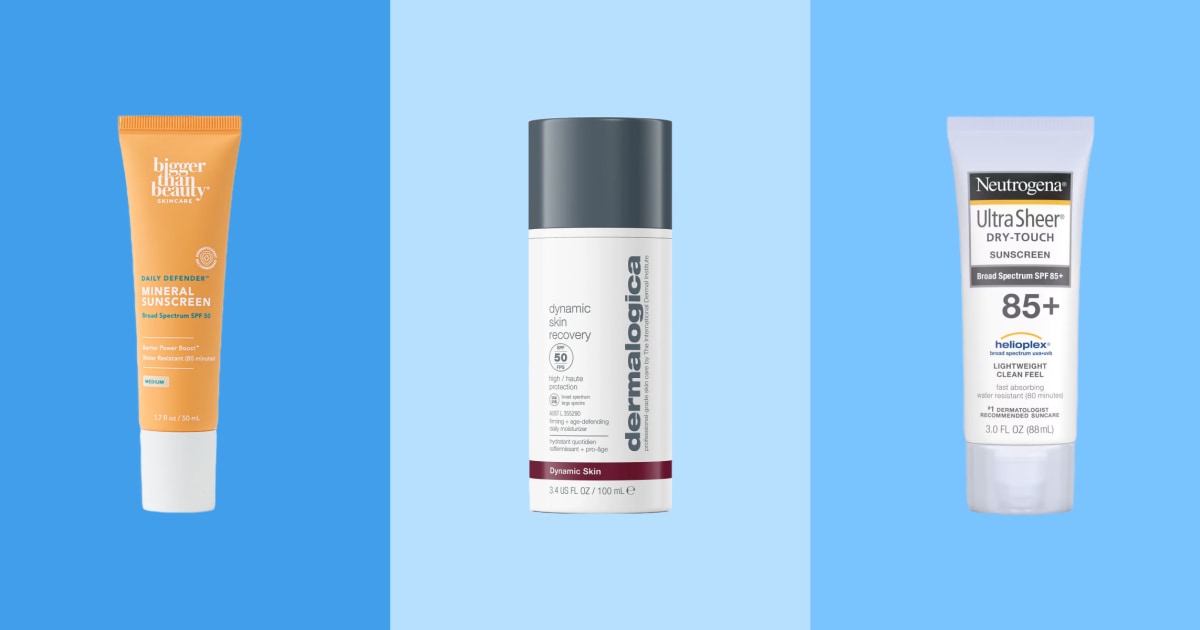
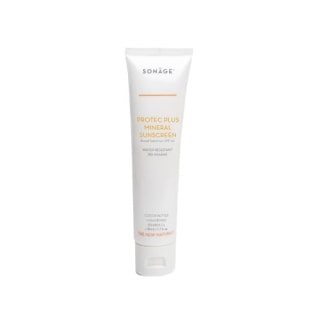
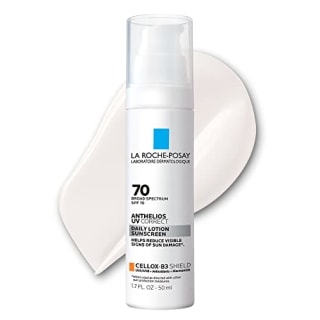
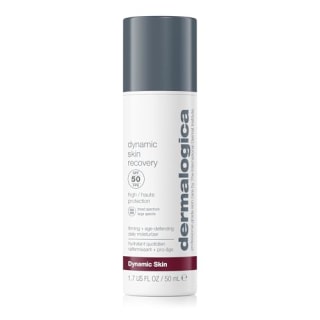
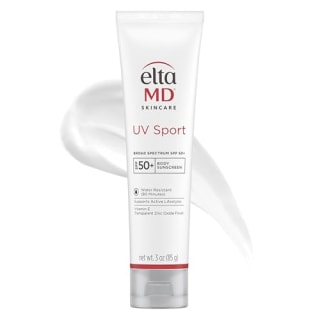
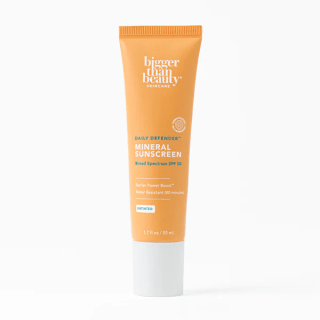
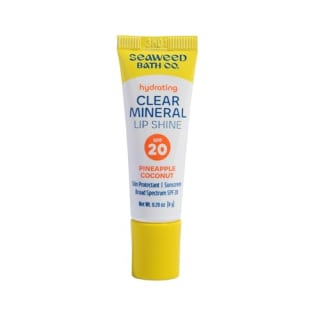
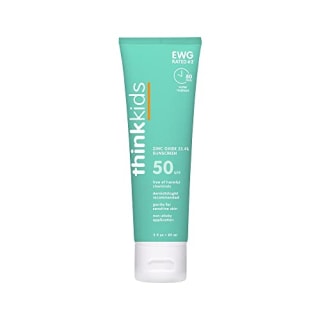
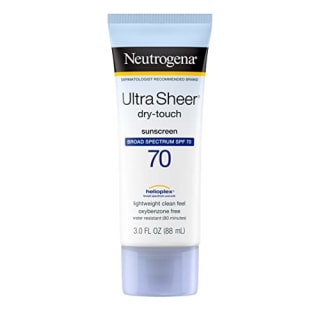
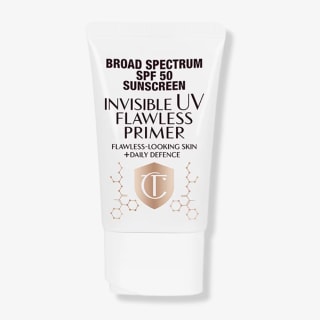
Leave a Reply